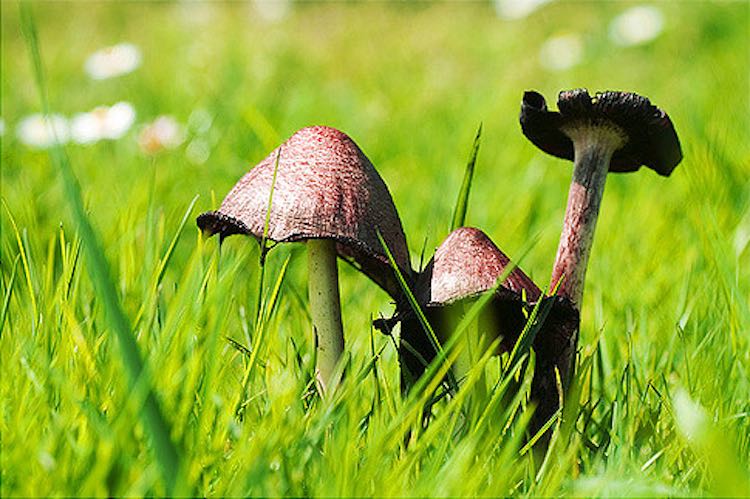The US Food and Drug Administration has just granted a “Breakthrough Therapy” designation to a treatment that uses psychedelic mushrooms as a therapy for treatment-resistant depression, according to a survey administered by Tripsitter.com.
The FDA designates a drug as a Breakthrough Therapy if preliminary clinical evidence shows that it may demonstrate substantial improvement over available therapy. Breakthrough Therapies are supported by the FDA throughout the clinical development program to ensure as efficient a process as possible.
The treatment was developed by Compass Pathways, a life sciences company dedicated to accelerating patient access to evidence-based innovation in mental health.
Dr. Robin Carhart-Harris, Head of the Psychedelic Research Group at the Imperial College London, said: “In our 2015 study, we provided psilocybin to 19 patients in a clinical setting, coupled with psychological support, and found promising signals of efficacy and safety as treatment for treatment-resistant depression.”
RELATED: FDA Approves Once-Monthly Preventative Migraine Treatment With No Major Side Effects
Treatment-resistant depression is a huge unmet need, affecting 100 million people around the world who do not respond to existing treatments. Depression is one of the fastest growing health problems we face today, and mental health disorders are the leading cause of ill-health and disability worldwide. The Breakthrough Therapy designation for psilocybin therapy highlights the importance of supporting early research that can be translated to clinically meaningful outcomes.
“The Breakthrough Therapy designation is a strong endorsement for the potential of psilocybin therapy. We look forward to learning more as further clinical studies are carried out, by our team at Imperial College as well as in Compass’s multi-centre trial,” added Dr. Carhart-Harris.
The approval comes just weeks after researchers from Tripsitter published an article calling for psilocybin mushrooms to be reclassified from a schedule I drug—one with no known medical potential—to a schedule IV drug such as prescription sleep aids, but with tighter control.
CHECK OUT: Veteran With PTSD is Creating Free Tiny House Community for Others Like Him
Studies in animals and humans both show low potential for abuse, the researchers say. When rats push a lever to receive psilocybin, they don’t keep pushing the lever like they do for drugs such as cocaine, alcohol or heroin. When it comes to human studies, people who have used psilocybin typically report using it a few times across their lifetime.
As for safety, studies show it frequently falls at the end of the scales with the least harm to users and society, say the researchers—and there is no known level of possible lethal overdose.
“We should be clear that psilocybin is not without risks of harm, which are greater in recreational than medical settings, but relatively speaking, looking at other drugs both legal and illegal, it comes off as being the least harmful in different surveys and across different countries,” says Dr. Matthew Johnson, associate professor of psychiatry and behavioral sciences at the Johns Hopkins University School of Medicine.
MORE: Watching Birds Near Your Home is Good For Your Mental Health
That being said, researchers don’t recommend releasing psilocybin into patients’ hands even with a prescription. “We believe that the conditions should be tightly controlled and that when taken for a clinical reason, it should be administered in a health care setting monitored by a person trained for that situation,” says Johnson. The researchers foresee that the process for psilocybin use in the clinic would be similar to how an anesthesiologist prescribes and administers a drug, minimizing the potential for abuse or harm.
George Goldsmith, the executive chairman of Compass Pathways, said: “This is great news for patients. We are excited to be taking this work forward with our clinical trial on psilocybin therapy for treatment-resistant depression. The FDA will be working closely with us to expedite the development process and increase the chances of getting this treatment to people suffering with depression as quickly as possible.”
Cure Your Friends Of Negativity By Sharing The Good News To Social Media – File photo by Ginko, CC




















